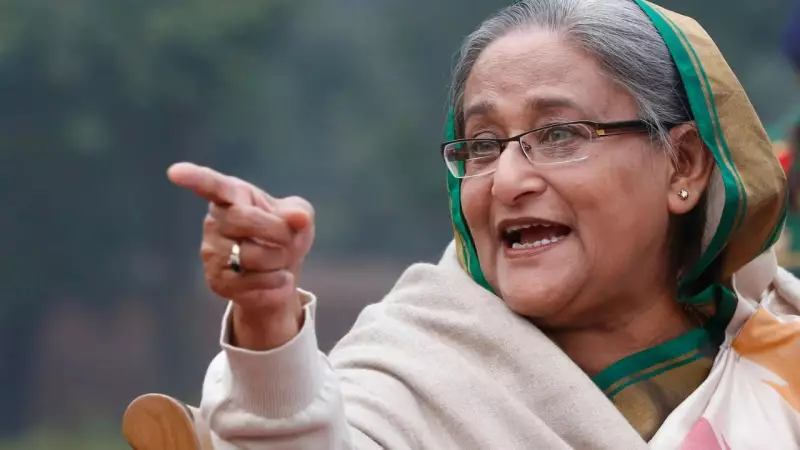
Political Turmoil Continues Despite Leadership Change
Bangladesh remains engulfed in political violence and human rights concerns months after the ouster of longtime Prime Minister Sheikh Hasina in August 2024. The mass student-led uprising that ended her 15-year autocratic rule brought hope for democratic reforms, but recent reports indicate persistent security challenges under the interim government of Nobel Peace laureate Muhammad Yunus.
Alarming Statistics Reveal Ongoing Violence
According to Dhaka-based rights organization Odhikar, at least 281 people have been killed in political violence since Hasina's government fell. The grim statistics include 40 victims of extrajudicial killings and another 153 people lynched by mobs. These figures highlight the continued security breakdown affecting the South Asian nation of 170 million people.
The Manabadhikar Shongskriti Foundation (MSF) reinforced these concerns in their October report, documenting a worrying increase in unidentified bodies and custodial deaths. The NGO reported that 66 unidentified bodies were recovered nationwide in October alone, with 13 custodial deaths during the same period.
Official data shows the situation has deteriorated significantly, with monthly river body recoveries increasing from 36 to 43 bodies per month until August 2025.
Security Forces Under Scrutiny
Bangladeshi security forces, including police and army personnel, face allegations of involvement in many of these deaths. The case of Touhidul Islam, a young Bangladesh Nationalist Party leader, exemplifies the ongoing concerns. Islam was picked up by security forces in Cumilla near the Indian border in January and found dead near the Gumti River the next day.
His brother Abul Kalam Azad told DW: "No one has been arrested. We were not even allowed to file a case. The police wrote a statement, and we signed it. We were not heard. We were not even allowed to accuse anyone." The family reported receiving threats warning them to remain silent about the incident.
International Pressure Mounts on Interim Government
Six international organizations, including Human Rights Watch and the Committee to Protect Journalists, sent a joint letter to interim leader Yunus expressing deep concern about the unreformed security sector. The letter stated that security forces have not been fully cooperative with accountability efforts.
Meenakshi Ganguly, HRW's deputy Asia director, emphasized the need for the government to work with "civil society, religious, and political parties" to rebuild public trust in the justice system and reduce mob violence.
Press Freedom Concerns Persist
Despite some improvement in rankings, Bangladesh's press freedom situation remains classified as "Very Serious" by Reporters Without Borders. The country has moved from 165th to 149th position globally but continues to face significant media freedom challenges.
Beh Lih Yi, CPJ's Asia-Pacific director, noted that while some reforms have been introduced, "these reforms did not go far enough." The interim government has used amended anti-terrorism legislation to arrest journalists, with HRW describing the recent amendments as "draconian."
At least four journalists—Farzana Rupa, Shakil Ahmed, Shyamal Dutta, and Mozammel Haque Babu—have been detained for over a year on what CPJ calls "politically motivated murder charges." Another 25 journalists face investigation for alleged genocide.
Legal Proceedings Against Former Officials
The interim government has launched investigations into human rights abuses committed during Hasina's administration. Authorities have arrested Chowdhury Abdullah Al Mamun, who served as police chief during Hasina's final years in office. Mamun has now become a witness in the case accusing Hasina and her ministers of ordering a deadly crackdown during mass protests.
Home Affairs Adviser Jahangir Alam Chowdhury promised that "anyone involved in killings, whether from security forces or any other groups, would be brought under the law and held accountable." However, rights activists remain skeptical.
Nur Khan of the Commission of Inquiry on Enforced Disappearances expressed disappointment, saying the government's statements sound like empty words reminiscent of the previous administration. "No one has yet been held accountable, and no investigation reports have been published. If this continues, things will only get worse," he warned.






